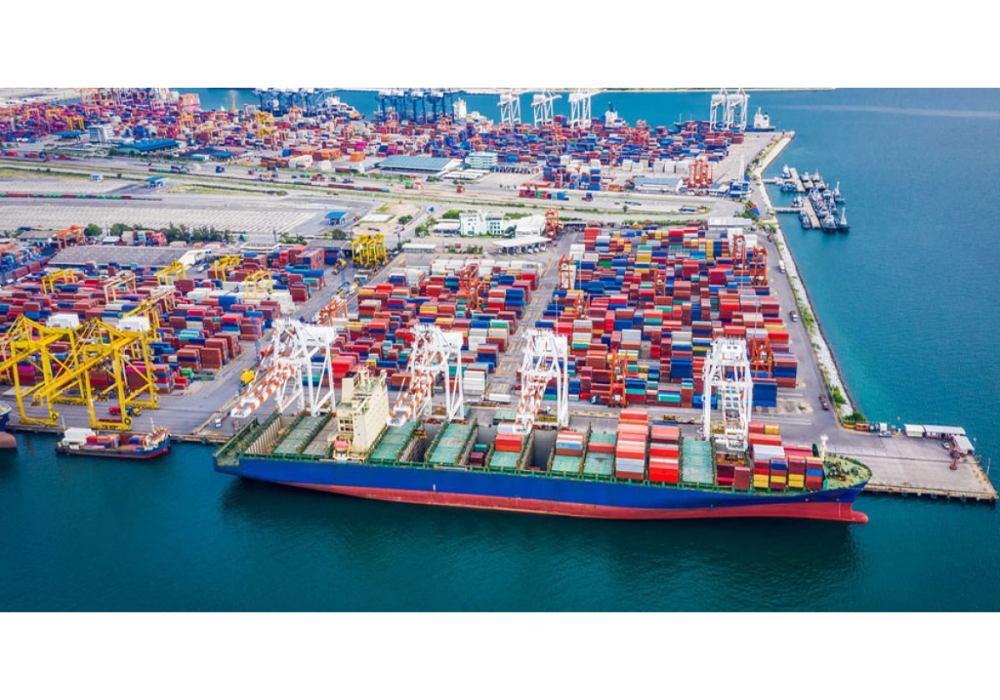At a roundtable in Dhaka, business leaders and government officials strongly advocated for appointing foreign operators in Bangladesh’s ports to raise efficiency, reduce costs, and align with international standards. BKMEA President Mohammad Hatem said foreign operators could improve management, introduce global practices, and help local manpower learn modern technologies. He criticized the sudden 40 percent fee hike at Chattogram Port and urged for speedy operation of the Bay Terminal, alongside full utilization of Mongla and Payra ports, to help achieve the country’s $100 billion export goal.
Read More: Trust Bank and bKash Join Hands for Cashless Future
BGMEA Senior Vice President Inamul Haq Khan noted that container handling at Chattogram currently takes five to six days, compared to the global average of one to two, forcing exporters to send goods by air at four times the cost of sea shipments. Former BAFFA President Kabir Ahmed also supported foreign involvement, pointing to resistance from vested groups and highlighting inefficiencies at Biman Bangladesh Airlines and Hazrat Shahjalal International Airport.
Independent University Professor Md Mamun Habib, delivering the keynote paper, stressed that Bangladesh ranks 88th in the World Bank’s 2023 Logistics Performance Index, far behind India at 38 and Sri Lanka at 73. Policy Exchange Bangladesh Chairman Masrur Reaz warned that the country is already a decade behind in logistics reform, saying Chattogram Port must open to global operators.
Read More: Banks Must Turn Tech-First to Survive Next Decade
Responding to concerns, Shipping Secretary Mohammad Yousuf announced upcoming projects including a multi-modal logistics hub at the Bay Terminal, a new railway container terminal at Halishahar, and the World Bank-financed Bay Terminal Breakwater Project. He also disclosed plans for a Port Community System integrating Chattogram, Mongla, and Payra, while handing over one Dhaka–Chattogram container train to the private sector.
The discussion, organized by The Financial Express with industry associations, underscored that without urgent reforms in ports, logistics, and energy supply, Bangladesh will struggle to remain competitive in global trade.


